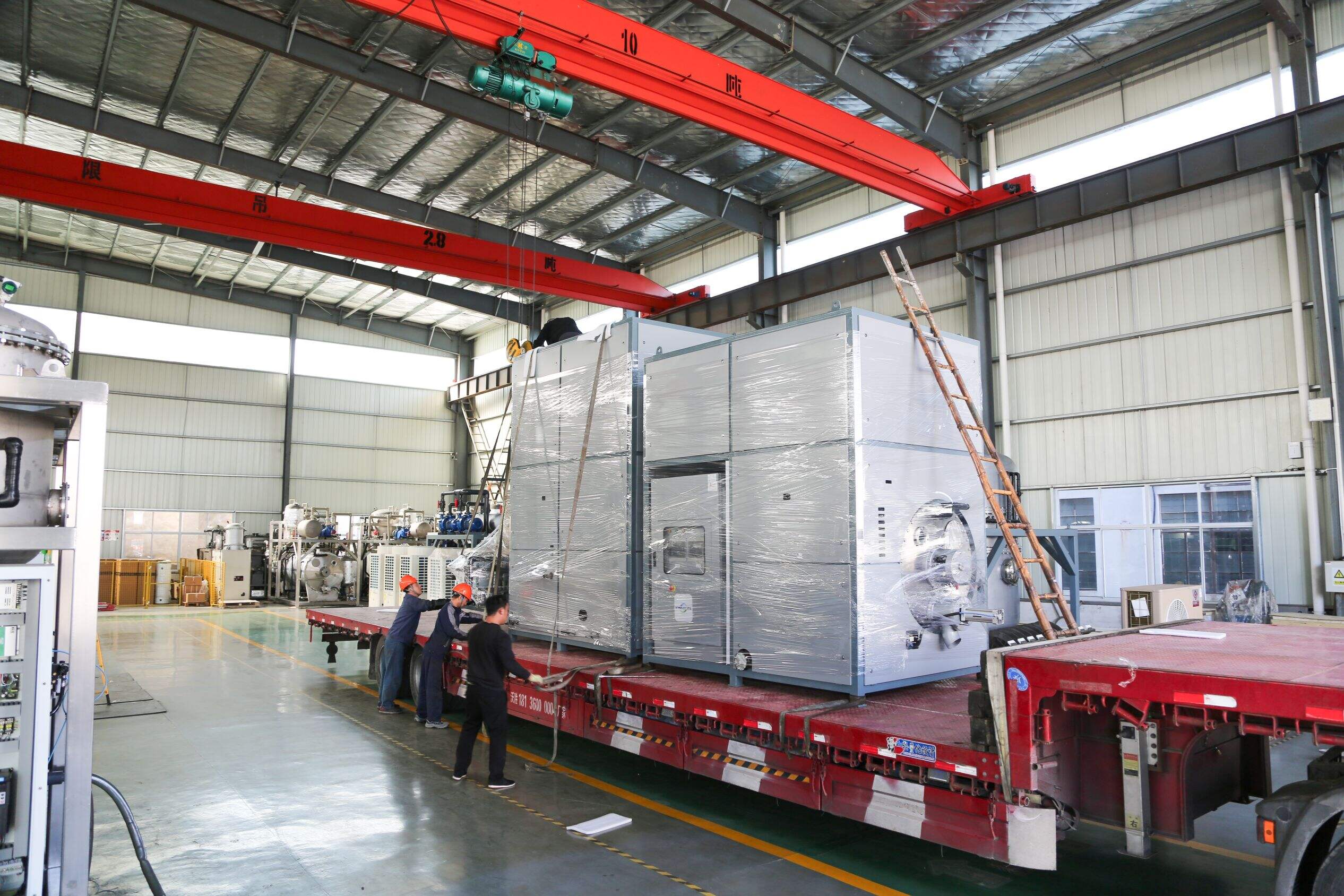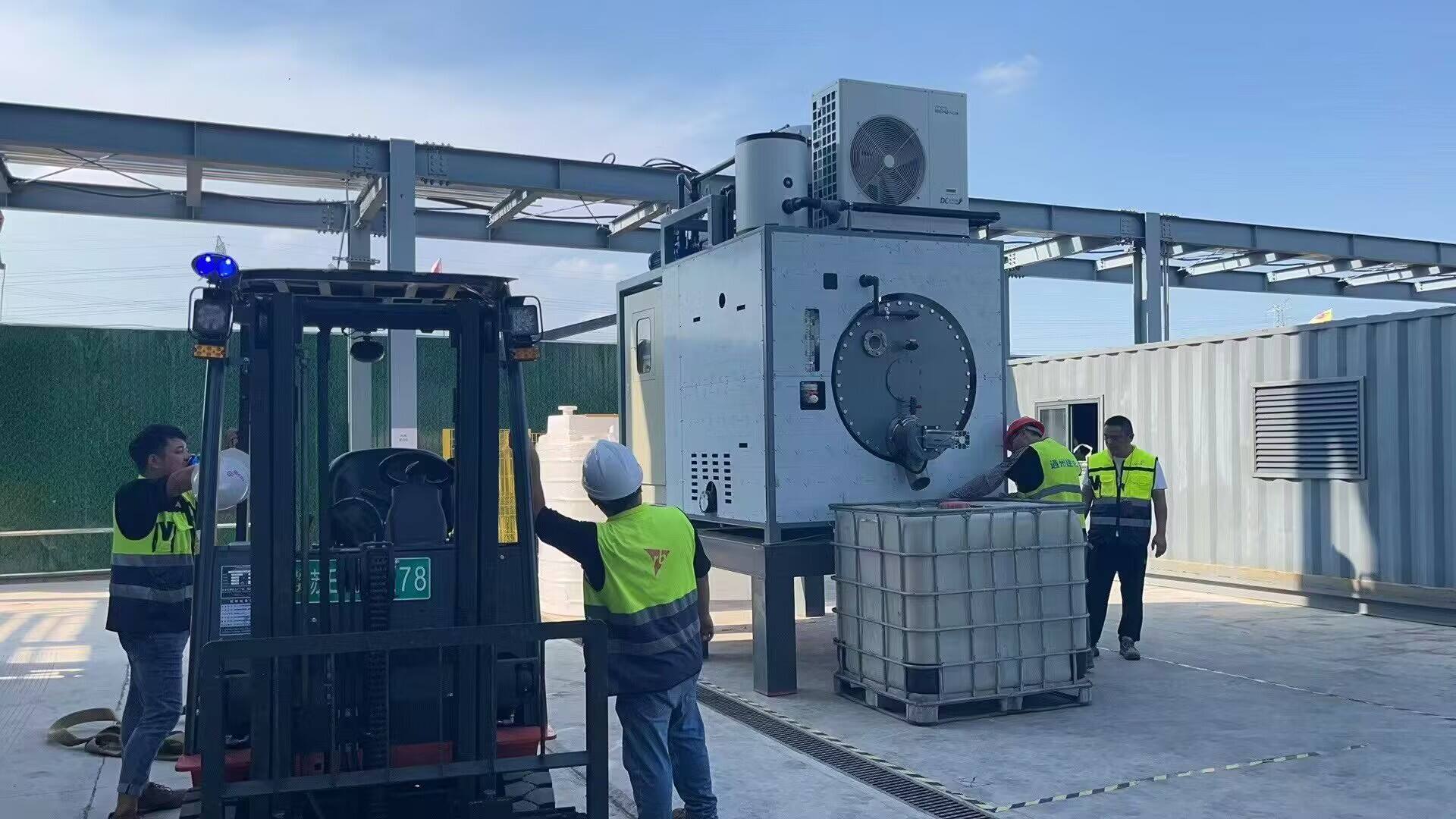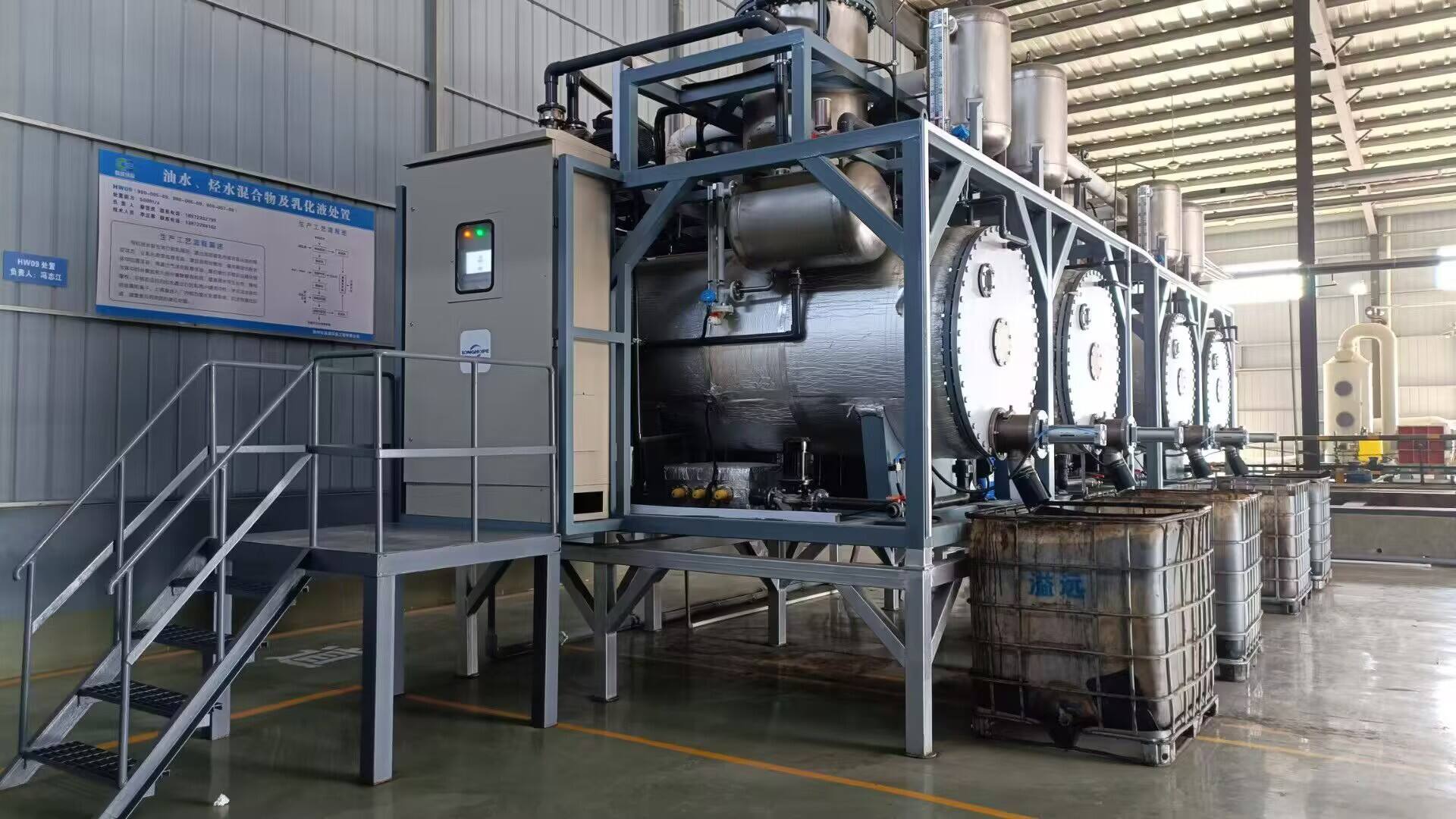oily wastewater treatment system
The oily wastewater treatment system represents a cutting-edge solution for processing and purifying water contaminated with oil and related substances. This comprehensive system employs multiple stages of treatment, including primary separation, secondary refinement, and final polishing, to achieve optimal water quality standards. The system utilizes advanced separation technologies such as coalescence, flotation, and membrane filtration to effectively remove oil particles of various sizes, from large droplets to microscopic emulsions. At its core, the system features automatic oil-water separation mechanisms that can handle fluctuating input volumes and varying oil concentrations. The technology incorporates smart monitoring systems that continuously assess water quality parameters and adjust treatment protocols accordingly. This adaptability makes it suitable for diverse industrial applications, including petroleum refineries, manufacturing facilities, and food processing plants. The system's modular design allows for easy scaling and customization based on specific treatment requirements, while its automated operations minimize the need for constant manual intervention. Advanced filtration components ensure the removal of suspended solids, dissolved contaminants, and emulsified oils, resulting in treated water that meets or exceeds environmental discharge standards. The system also includes energy-efficient features that optimize power consumption while maintaining high treatment efficiency.


